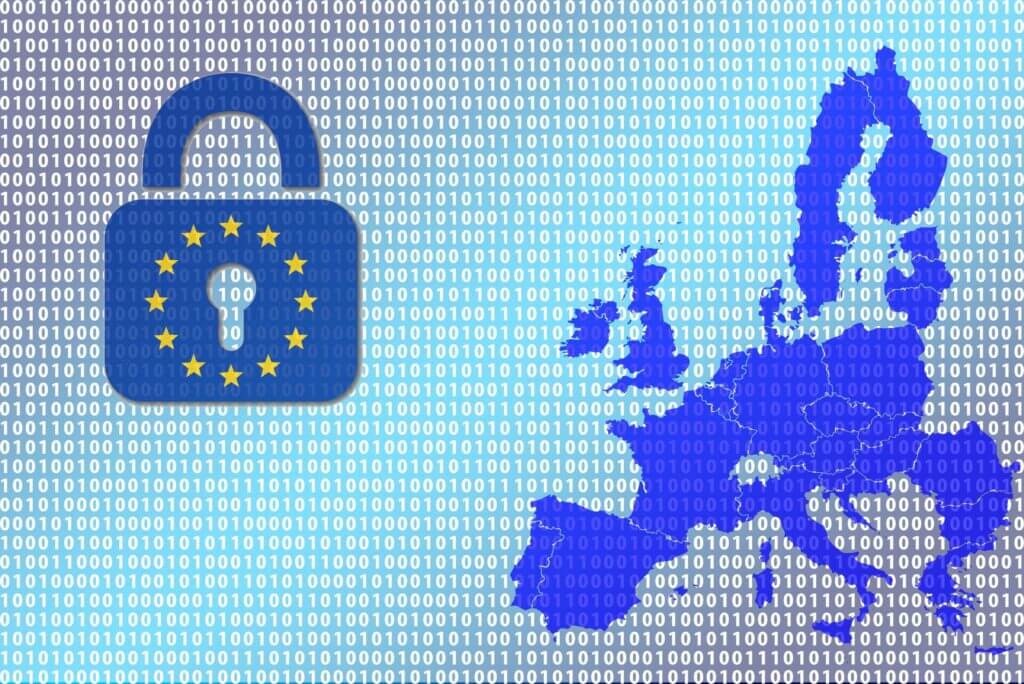
Who does the General Data Protection Regulation (GDPR) apply to?
THE General Data Protection Regulation, or GDPR, is a legislative framework of the European Union (EU) that came into force on May 25, 2018. It aims to unify and strengthen the protection of personal data of EU citizens. But who does this regulation apply to? This is the question we will answer in this article.
To organisations based in the EU
First, the GDPR applies to all organizations established in the EU, whether public or private, for-profit or not. This includes businesses, associations, government agencies, schools, hospitals, and many others. Whether these entities process personal data inside or outside the EU, they are subject to the GDPR.
To organizations outside the EU that process data of EU citizens
The GDPR has extraterritorial scope. This means that it also applies to organizations based outside the EU as long as they process data of EU citizens. For example, a US company that sells products online to customers in Europe is required to comply with the GDPR when processing those customers' personal data.
To organizations that monitor the behavior of EU citizens
THE GDPR This also applies to organizations that track the behavior of EU citizens, even if they do not directly sell products or services to those citizens. If an organization collects, analyzes, or uses data about the behavior of individuals within the EU, it must comply with the GDPR. This includes companies specializing in online marketing, social media, or data analytics.
To subcontractors
Subcontractors, or processors, who process personal data on behalf of other organizations are also subject to the GDPR. They must ensure that their data processing complies with the GDPR and that the data is protected against loss, alteration, or unauthorized access.

Scope of the GDPR: Who is affected and why?
The GDPR (General Data Protection Regulation) applies to a variety of organizations, both inside and outside the EU. It affects those that process data of EU citizens, whether customers, employees, or other individuals whose behavior is being tracked. It also applies to processors who process data on behalf of other organizations.
GDPR: a necessity to protect rights and freedoms
The GDPR addresses the growing importance of personal data in the global economy and the urgent need to protect individual rights. Organizations must comply with the GDPR to avoid severe penalties, but also to respect customer rights, strengthen their reputation, and build trust.
GDPR: An opportunity for best data management practices
The GDPR is not only a regulatory requirement; it is also an opportunity for organizations to adopt better data management practices. This strengthens their data protection governance and improves their relationships with customers and users. Data protection is thus becoming a key competitive advantage.
GDPR: Better data management for greater efficiency
GDPR helps organizations clarify their internal processes, reduce security risks, and better understand the data they hold and use. This leads to better decision-making and greater operational efficiency.
In conclusion, the GDPR has broad scope and far-reaching implications. Organizations must understand who is affected and what is required to comply with the GDPR. Compliance goes beyond complying with the law; it's about respecting the individuals whose data is processed. The potential benefits are numerous, ranging from protecting individual rights to better data management and customer trust.
